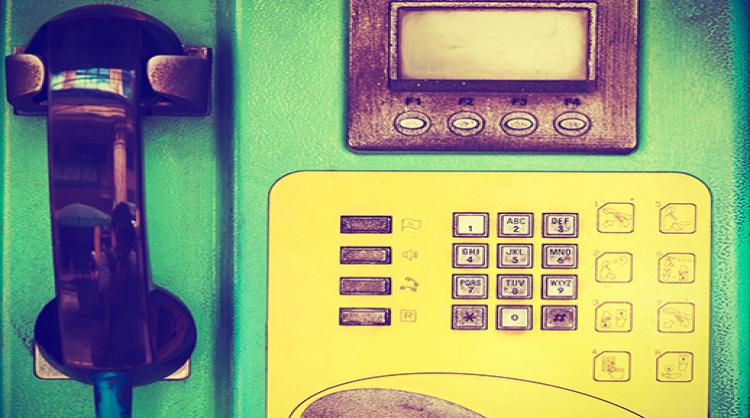FCC Rule Changes will Facilitate Nationwide Number Portability
July 5, 2018 | by Andrew Regitsky

It's been a long time coming, but, finally, in its July 12, 2018 meeting next week, the FCC is expected to approve a Report and Order in Docket 17-244 that will modify certain regulations and make nationwide number portability (NNP) possible. For once, we have a regulatory decision that should make everyone in the industry happy!
When it began this proceeding in October, the Commission noted that the lack of NNP, especially with customer long-distance moves, is confusing to customers and harms competition.
Currently, consumers and businesses can keep their telephone numbers when changing service providers – wireline-to-wireline, wireless-to-wireless, and wireline-to-wireless and the reverse -- when they move locally. This local number portability (LNP) benefits consumers and promotes competition. But consumers cannot uniformly keep their traditional wireline numbers or their mobile numbers when they move long distance. The ability to keep your telephone number when switching your wireline or wireless service provider may depend on whether the service provider to whom you want to switch is a nationwide service provider. This limitation not only confuses and inconveniences consumers, it harms the ability of small or regional carriers to compete, undermining a core principle of number portability – competition. (Notice of Proposed Rulemaking (NPRM), Docket 17-244, released October 26, 2018, at para. 2).
To make NNP a reality, the Commission will modify two of its legacy telephone rules, specifically its N-1 query and number parity requirements. .
The current N-1 query rule requires the carrier immediately preceding the terminating carrier on a call (the N-1 carrier) to be responsible for ensuring that the number portability database is queried. N-1 was useful in the initial days of local number portability, and in the NPRM, the Commission, proposed to eliminate it. Industry comments, however, convinced the agency the requirement should be modified instead:
We noted in the NNP NPRM that preventing queries by the originating carrier could lead to inefficiencies, and that some reports had indicated that eliminating the N-1 rule would be beneficial. However, we are persuaded by the record that carriers will benefit from the certainty of having a default rule that clearly names a responsible party in the absence of an agreement otherwise.
We therefore amend our rules to allow upstream carriers to perform number portability database queries but require the N-1 carriers to perform the queries if the upstream carriers have not.
We eliminate any requirement that would prevent an upstream carrier from voluntarily making queries rather than the N-1 carrier. In other words, we revise the N-1 rule as a default in the absence of other agreements.
Retaining the N-1 rule as a backstop also addresses commenters’ concerns that eliminating the N-1 rule would effectively mandate originating carriers to perform queries, raising their costs due to increased querying and potential upgrades necessary to handle this increased volume. (Report and Order, paras, 20, 22-23).
Similarly, the dialing parity requirements were originally intended to ensure that ILECs provided the same access to competitive long-distance service providers as they did to their own or their affiliates’ long-distance offerings. However, as the industry changed, so did the rule. In 2015, the Commission provided forbearance from these rules to ILECs. It now makes the same finding for CLECs:
We therefore find that enforcement of the section 251(b)(3) dialing parity requirements for competitive LECs is not necessary to ensure that the charges, practices, classifications, or regulations by, for, or in connection with a telecommunications carrier or telecommunications service are just and reasonable and are not unjustly or unreasonably discriminatory. Nor is their enforcement necessary for the protection of consumers, since consumers can leave their competitive LEC for non-switched access services if that LEC makes choosing a separate long-distance provider difficult. (Id, at para. 11).
If the Commission approves the Report and Order as expected, the new rules will become effective 30 days after they are published in the Federal Register.
Is it possible that we will have a 5-0 non-partisan Commission vote for the first time in the Trump era? If we can't on this issue, we never will.

